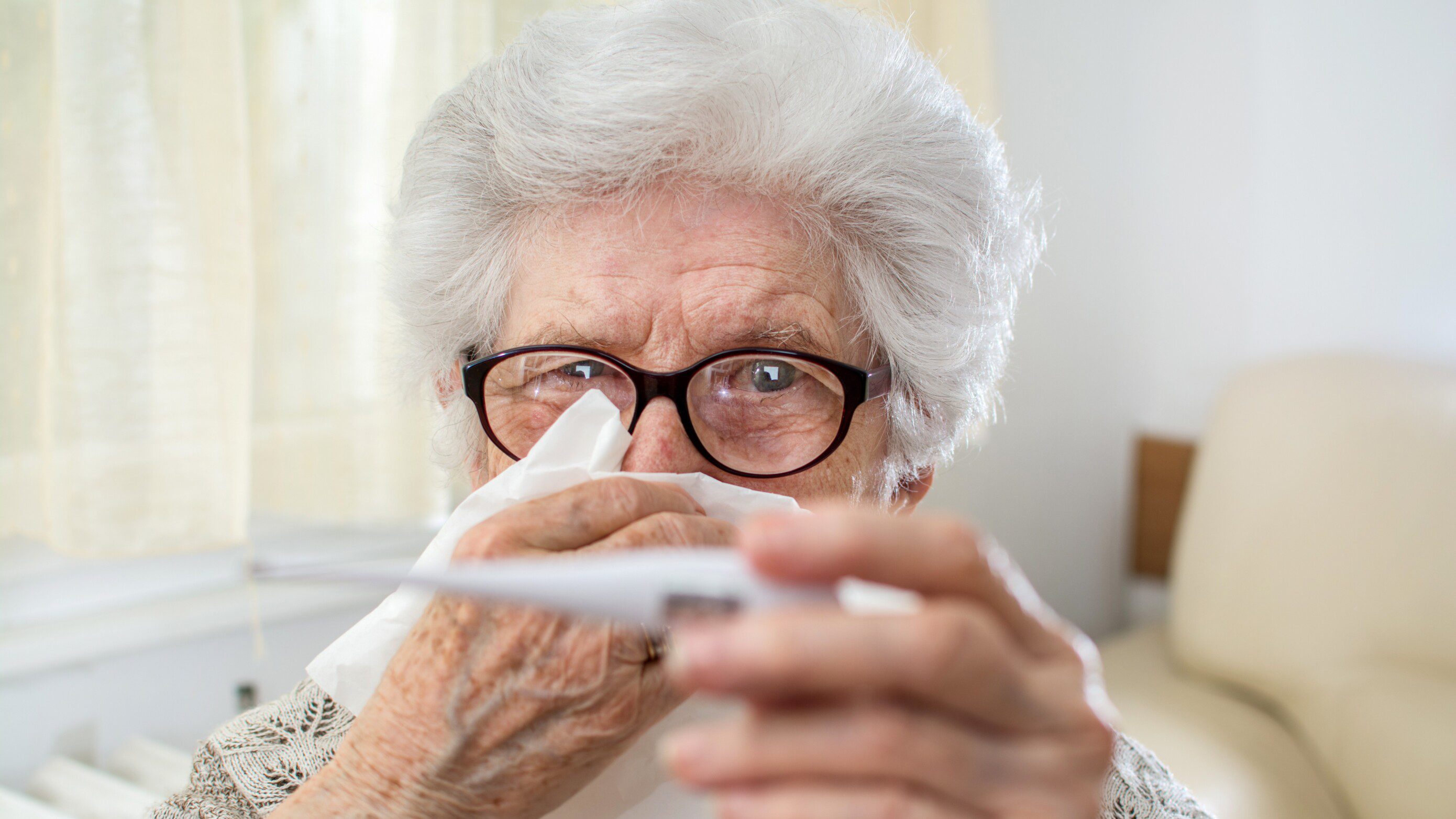As we age, the body undergoes many changes. Many of these changes increase the risk of various diseases. When it comes to the elderly, dementia is the most common problem. However, there are other diseases that caregivers need to know about. Today we will talk about six diseases that may appear at more seniors. If you want to learn more about dementia, you can do so here.
1. Arthritis
Arthritis is a common disease of the elderly, which is characterized by joint stiffness. It usually causes pain, swelling and reduced mobility. Arthritis is often caused by wear and tear on the joints over time, although other factors such as genetics, obesity and previous injuries can also contribute. Caregivers can help seniors manage arthritis by encouraging them to exercise and healthy eating. However, the type of exercise must not put pressure on the joints, as this will only aggravate the condition.
2. Osteoporosis
Osteoporosis is a condition in which bones become weaker and more brittle, increasing the risk of fractures. Often this is due to a lack of calcium and vitamin D in the diet. However, it can also be hereditary. Therefore, caregivers can help seniors maintain stronger bones through a diet rich in calcium and vitamin D. It is also important to take care at all times and avoid accidents – a small fall that would not harm a healthy person could result in multiple fractures.
3. Heart disease
Heart disease is the leading cause of death for seniors. It covers a range of diseases that affect the heart and blood vessels. These conditions include high blood pressure, coronary artery disease and heart failure. The most common causes of heart disease by the elderly are sedentary lifestyle, a diet high in saturated fat and smoking. Caregivers will help their clients manage heart disease by encouraging them to exercise regularly, eat a healthy diet, and by monitoring that they are taking all prescribed medications correctly and adhering to prescribed treatments. Frequent blood pressure measurement is also a great proactive approach to react before it’s too late.
4. Diabetes
Diabetes is a condition in which the body cannot regulate blood sugar levels normally. If not controlled, it causes serious complications including nerve damage, blindness and kidney disease. Diabetes 2. type is more common by the elderly. The usual cause is a combination of age, genetic factors and unhealthy lifestyle factors such as obesity, lack of physical activity and inappropriate diet. Caregivers will help patients fight diabetes by encouraging them to eat healthy, exercise regularly and monitor their blood sugar levels as directed by their healthcare provider.
5. Respiratory diseases
Respiratory diseases such as chronic obstructive pulmonary disease and pneumonia are common among the elderly. These diseases can cause difficulty breathing, coughing and chest pain. They often lead to serious complications. The main causes are usually smoking or prolonged exposure to pollutants. Caregivers will help seniors cope with the symptoms of respiratory disease by encouraging them to quit smoking excessively. When a senior starts coughing or has trouble breathing, they should see a doctor immediately. In this way, the risk of complications can be reduced to a large extent.
6. Cancer
Cancer is the leading cause of death among seniors. It is caused by the uncontrolled growth of abnormal cells in the body. Seniors are more susceptible to certain types, such as lung, breast and prostate cancer. Contributing factors include environmental toxins, a family history of the disease and a weakened immune system. Carers can help patients beat cancer by providing regular check-ups and supporting them in healthy lifestyle habits such as exercise and healthy eating.
In general, seniors tend to be at increased risk of various health problems. Therefore, caregivers should be familiar with the most common diseases and know how to alleviate their manifestations. By encouraging healthy habits, monitoring medication use and providing emotional support, caregivers can help seniors manage illness and maintain a good quality of life.







